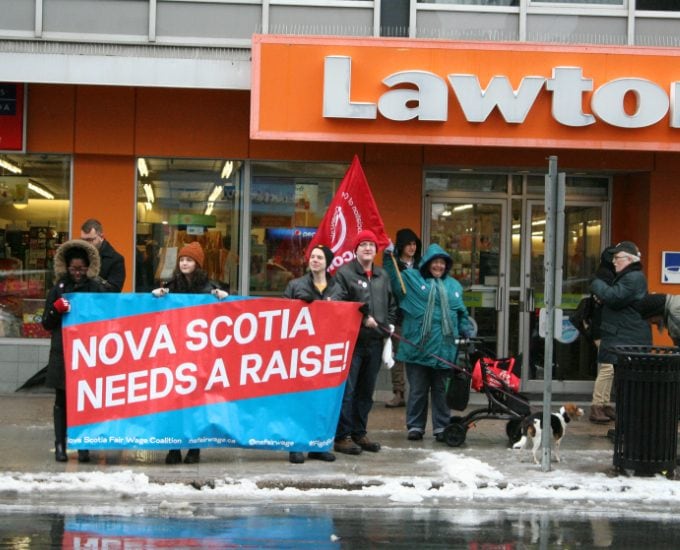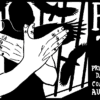
KJIPUKTUK (Halifax) – I find it interesting that a piece in the August 7 issues of the Herald and Cape Breton Post “Where is my Server” is so one-sided. Just because the Restaurant Association and the Canadian Federation of Independent Business (CFIB) keep repeating the same mantra doesn’t make it true. COVID has changed things and they will not be the same and it’s time we wake up to that fact.
Blaming the workers and the minimal government benefits they receive is unfair. It is also unfair to portray workers as lazy and unproductive. It is fair to say that today’s workforce wants better than low-wage part-time jobs without benefits. They will no longer tolerate being called part-time while working full-time hours. They want paid sick leave and other workplace benefits. Employers must wake up to these facts.
Businesses that offer full-time work at a living wage and some benefits will survive. Those who don’t will crash and burn. Fact is wages in retail and food services remain very low and are not rising. When workers are in short supply, wages usually increase. Fact is if you’re an employer and offering the minimum wage or slightly above, it will be hard to get and retain workers.
Employers can keep whining about the Canada Response Benefit (CRB) all they want. Workers deserve to be looked after by taxpayers just as employers are looked after with wage subsidies, rent programs, interest-free loans and the many other programs they received.
Businesses have received billions of dollars of taxpayer dollars courtesy have not had to prove their need. But as of July 17, workers had their (CRB) reduced from $500 a week to $300, a 40% reduction for unemployed workers. Canada Revenue will withhold 20% tax on this amount which means $270.00 after-tax.
A minimum wage worker in our province who gets 40 hours a week will gross $518.00 a week or $26,936 gross income per year. An eligible Canadian can get a maximum CRB of $21,060. Those who received the CERB before the Emergency Response Benefit would get $500 a week before the reduction – $24,000 in an annual income., The business community keeps saying that workers have it so good, they don’t want to work for minimum wage, and the $2000 a month keeps workers from returning to the job.
We have been living in a low-wage economy for far too long. Many workers today are fed up with their mistreatment, and the pandemic has exposed many realities. Many front-line workers put themselves and their families at risk while working through the pandemic. While some received a boost in pay for a few short weeks, they soon realized that boost was about keeping them on the job. During the pandemic, many people were grateful to see the help provided to workers and the business community. People didn’t like how profitable corporations lined up at the trough and received cash from the government even though they remained open and prosperous.
The pandemic has shown we all need to make a living wage. Let’s try better work schedules to give workers predictable shifts and full-time jobs and get out of the culture of precarious work. It’s a proven fact that when people have more, they spend more in the local economy.
The federal minimum wage is set to increase to $15 an hour on December 29 of this year. That will put full-time workers in the federal sector to an annual income of $31,200. The reality is that the CRB at $2000 a month pre-tax is a low wage and inadequate, let alone a cut to $270.00 a week after-tax or $1080.00 monthly. We can’t pretend the pandemic is over. We need a plan to create better jobs and get our economy working properly.
Danny Cavanagh is president of the Nova Scotia Federation of Labour
Check out our new community calendar!
With a special thanks to our generous donors who make publication of the Nova Scotia Advocate possible.
Subscribe to the Nova Scotia Advocate weekly digest and never miss an article again. It’s free!



